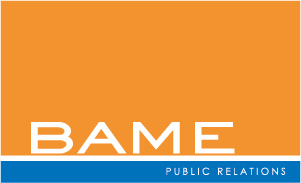Writing is Not a Content Strategy
If “content is king,” content marketing is the king’s highway.
Content marketing has been defined as a strategic marketing approach that is focused on creating and distributing valuable, relevant and consistent content to attract and retain a targeted audience and ultimately to drive new and renewed business.
Typical formats for content marketing include blogs, newsletters, webinars, client alerts, videos, and many others. Although in a law firm these materials will usually appear under the byline of an attorney, the firm’s PR team will normally have a role in planning the firm’s content strategy.
And although content marketing started in the corporate world, law firms have been adopting content strategies in the past few years – and they have quickly become an important part of the law firm communicator’s toolbox.
As a Huffington Post article reported in 2016,
Which industry is absolutely crushing content marketing? Bet you’ll be surprised to learn the legal industry is coming out on top. Legal firms are a surprising rapid adopter of content marketing. They’re bringing a well-thought out strategy to the game and hiring in-house talent or outsourcing their needs to ensure quality content that’s timely, compelling and relevant.
Well, it’s not always that well thought out.
All too often, a lawyer or a law firm will be busy turning out blog posts or articles on a weekly basis, or even more rapidly, on a wide variety of topics. Unfortunately, these pieces often have no connection with each other or with the lawyer’s strengths as described on his or her Web bio.
The problem then becomes that without a consistent brand, a consistent message, consistent goals and a consistent audience, the content is useless for marketing purposes. It doesn’t matter how well written it is, how often it appears, or how many cases and authorities the lawyer cites.
Readers are busy people. They don’t read a blog post or a client alert just to read it. People come to a law firm’s website looking for a solution to a problem they have or might have – or at least for someone who they think can someday provide a solution. If you don’t give them something meaningful and something consistent with your brand, they will have no reason to stay on the page and no reason to trust your brand.
Remember: Just writing to write is not a content strategy.




